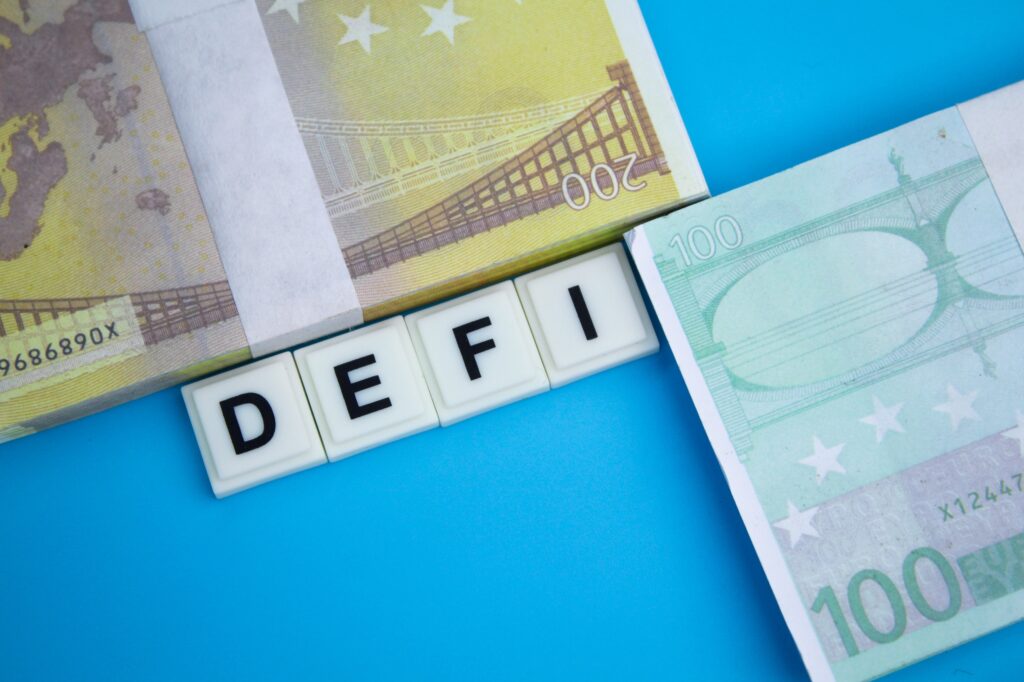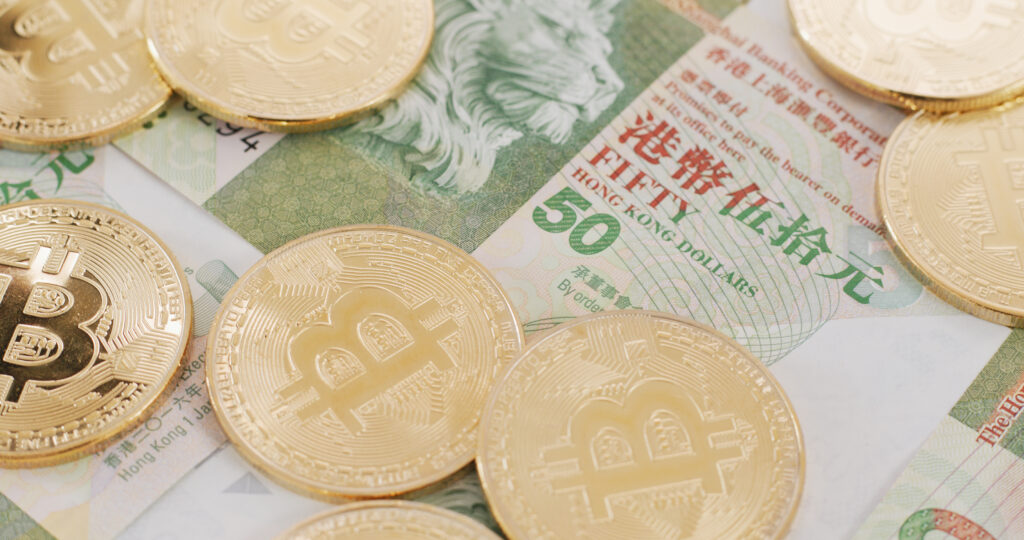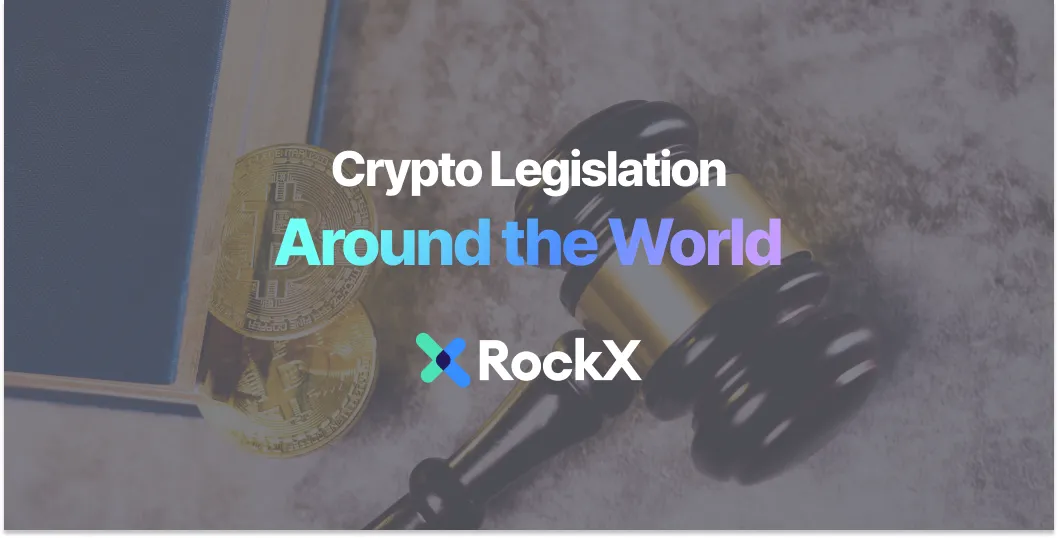Legislation around crypto assets is witnessing a significant churn. The latest on the block is the Crypto Oversight Proposal the US Congress has introduced. Brought in for deliberation a couple of days ago, the draft bill hasn’t won Democratic support yet.
If enacted, it will offer crypto exchanges an avenue to register with the United States Securities and Exchange Commission. It would help them qualify for trading digital securities, commodities, and stablecoins.
In similar events, the European Union adopted a regulation under its much-discussed ‘Markets in Crypto Assets’ framework. According to the official statement issued by EU officials, the new rule was to protect investors, preserve financial stability, and allow innovativeness to foster in the crypto sector. The stakeholders covered in the new rules included the issuers of utility tokens, asset-referenced tokens, and providers of trading venue and wallet services.
The bottom line of all these developments happening worldwide is that relevant agencies are feeling the need to regulate crypto.
Why Crypto Remains Largely Unregulated?

Decentralisation is one of the founding pillars on which blockchain technology and cryptocurrencies stand. Distributed ledger technology, smart contracts, and practices like these have already ensured the system functions properly and securely without power concentrating within a single authority’s hands.
The structure makes it complex to regulate since law enforcers are often unsure where to apply the control valves and disciplinary mechanisms.
Unlike traditional finance, which has developed a stable operating model over the years, cryptocurrencies and blockchain technology are emerging fields evolving every passing moment with innovations. There are elements of pseudonymity or anonymity of transactions attached to it.
These make crypto all the more difficult to regulate.
Cryptocurrencies and blockchain are also geographically open. All one needs is an internet connection and valid KYC documents to access the crypto-economy’s benefits from anywhere globally. These practicalities have turned cryptocurrencies into a complex terrain for regulators to tread.
What is MiCA?

MiCA is an acronym for Markets in Crypto Assets. It is a set of regulations adopted by the European Union and European Parliament on April 20th, 2023. Aimed at regulating crypto space in the European world, it is the first and, to date, one-of-its-kind legislation. It will be enforced across Europe sometime between mid-2024 and early 2025.
As an enforceable set of regulations, MiCA defines what crypto assets are. It also sets the requirements that crypto token issuers and crypto asset service providers must adhere to. It asks the issuers and providers to work with complete transparency and disclose all that is necessary for users to assess the pros and cons of their products and services. It also advocates for the registration of services and compliance so that crypto assets are not used to launder money or finance terrorist activities.
The development of MiCA is studied with much keenness across the world as it helps show the way how crypto assets are to be handled. It is also vital from a European perspective, as Europe emerged as the world’s largest cryptocurrency market a year ago. Numbers suggested that the Central, Northern, and Western Europe region had received more than US$1 trillion in digital assets, one-fourth of all global crypto activity.
EUROC
The rise in the prevalence of cryptocurrencies in Europe is driving many new product launches, token issues, and innovations in general. EUROC, or the Euro Coin, is one such innovation. It is a Euro-backed stablecoin, available and accessible worldwide on Ethereum and Avalanche. It is available 24X7 and moves at internet speed.
Experts believe that, along with USDC, the US dollar-backed stablecoin, EUROC has the potential to unveil opportunities for multi-currency digital finance and almost instant foreign exchange.
Being backed 100% by Euro, EUROC is always redeemable on a 1:1 basis.
Businesses can access EUROC by opening a Circle account. Ethereum EUROC is accessible via exchanges.
Businesses and individual users can convert their Euros to Euro Coin, trade for it, and withdraw EUROC to their digital wallets. With adequate liquidity built within the ecosystem, Avalanche EUROC will also be accessible via exchanges soon.
While all these developments are happening at a fast pace, the need for regulating the crypto ecosystem also stems from disciplinary concerns. One such instance that drew much attention was the US SEC vs. Coinbase case.
What was the US SEC vs. Coinbase Incident?
On July 21st, 2022, the United States Securities and Exchanges Commission alleged that Coinbase Product Manager Ishan Wahi and his brother Nikhil Wahi engaged in insider trading through a series of announcements relating to at least nine crypto asset securities to be made available for trading on the Coinbase platform.
The SEC statement mentions Ishan Wahi repeatedly tipping the timing and content of upcoming listing announcements to his brother Nikhil Wahi and his friend Sameer Ramani.
The act was a breach of duties as Coinbase was treating such information as confidential and had already warned its employees not to trade based on such information or tip others.
The latest update on the event, as available on the US SEC website, states that the Wahi brothers have agreed to settle charges.
Legality aside, the Coinbase insider trading incident allegedly resulted in an increase in assets’ prices that Ishan and Nikhil Wahi were dealing with. According to the latest SEC statement issued, “Nikhil Wahi and Ramani allegedly purchased at least 25 crypto assets, at least nine of which were securities, and then typically sold them shortly after the announcements for a profit.”
While, on the one hand, we see efforts to homogenise crypto operations across regions by introducing a comprehensive set of regulations, we also see a surging need for provisions that keeps crypto operations inside the disciplinary structure of a legally enforceable regulation paradigm.
These regulatory paradigms are also crucial as they could be replicated in other parts of the world where interest towards crypto assets is growing.
Hong Kong Welcomes Retail Crypto Users With Fervour

From June 1st this year, Hong Kong reinstated its position as one of the virtual asset hubs of the world. It launched new retail-friendly rules for crypto exchanges in the city. The new regulatory regime requires all Hong Kong crypto exchanges to obtain licenses that will empower them with a regularised character and trust among users. The city has offered a one-year transition period to obtain these licenses – after which they will be ready to accept retail clients.
Hong Kong’s financial services and treasury chief Christopher Hui believes that crypto is to sustain itself and therefore needs to be allowed to carry on with its activities in a regulated way.
The new regulations will help strengthen investor protection measures in the region. It will ensure that exchanges vet their clients and limit risk exposure. The exchanges will holistically assess a client’s understanding of digital currencies before they take a plunge into the market.
More Countries Welcoming Crypto
Similar efforts are seen in many other regions globally. Last December, Dubai announced its plans to become a crypto hub and regulator for virtual and crypto assets – its issuers and service providers.
The DWTC, Dubai World Trade Center, signed a Memorandum of Understanding (MoU) with crypto exchange Binance to help establish and develop the hub. Before this, in May 2020, the Dubai Multi Commodities Centre (DMCC) launched the DMCC crypto centre. The Dubai Airport Freezone Authority also received regulatory approval to trade crypto assets in early 2020.
In November 2022, Abu Dhabi, a neighbouring region of Dubai, launched the Abu Dhabi Crypto Hub, a web-based interactive platform to empower users with access to information and connect its existing virtual asset firms.
According to Abu Dhabi Global Market (ADGM), the authority responsible for launching the global hub, the launch of the Abu Dhabi Crypto Hub was “an important representation of the strategic initiatives taken by ADGM in support of economic diversification and the growing role of Abu Dhabi as a financial hub, addressing the current and future needs of the market through innovative technologies.”
Although the regulatory landscape has altered significantly in recent times, especially after the FTX debacle, Miami and New York, two of the most thriving cities in the country, were seen competing with each other to become the next crypto hub in the US.
Who will be the next crypto hub?

As the race heats up among regions to become the next crypto hub, different analysts are hedging their bets on different regions.
Though it would be too premature to predict where the next crypto hub will emerge, we can identify some preconditions that will drive its emergence. It will come up in a region where regulatory regimes do not come in the way of innovation.
While it is always prudent to enforce regulations that protect investors and help build trust, a new industry would always require a conducive environment from a tax and compliance perspective. Adhering to the rules must not take a toll on the companies’ bottom line or decelerate the speed at which it is growing.
Meeting the industry-specific requirements is another criterion that would encourage a crypto hub. Mining is a crucial component of the crypto industry’s success.
Therefore, any region that aspires to become a hub has to have a stable power supply and robustly distributed energy grids. The city infrastructure also has to be best-in-class for the region to attract good tech and business talent, including engineers, developers, and marketing minds.
The region should also have to have a community that encourages innovation and does not see any new industry with suspicion and doubt. Given its technological complexity and burgeoning nature, the crypto industry is often misunderstood. Many see it as an entirely speculative zone.
Blockchain technology has immense potential to fix many existing problems apart from supporting crypto to grow. An encouraging community may lead a crypto hub into becoming a zone that solves many of its problems through decentralisation and blockchain.
The region that manages to balance all these aspects well without compromising the security aspect of technology will thrive as a crypto hub. It is always better if the region is synergistic with the industry.
Collaboration with existing players of repute and having industry veterans and technological experts on the board of governance would always help.
It is also vital to stay in sync with developments happening around the world to learn from the best and thrive for benchmarks.









